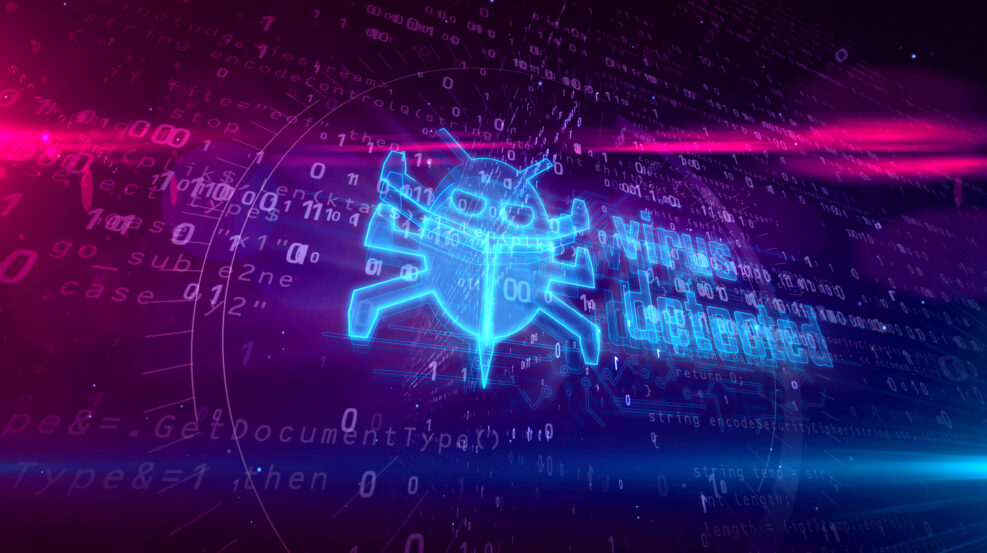
Ransomware Attacks on Public Institutions
Hackers are always coming up with new approaches, keeping IT staff on their toesby Karl Stephan In what is just the latest of a lengthening series of ransomware attacks, the sheriff’s office of San Bernardino County, California reportedly paid over $1 million in ransom to an Eastern-Europe-based hacking group. About half the money was paid by insurance and the county paid the rest from its risk-management fund. Reporters for the Los Angeles Times were unable to determine exactly who authorized the payments, which enabled the county to restore its email servers, in-car computers, and law enforcement databases. According to the report, the FBI discourages payments to ransomware hackers, but almost half of the state and local governments attacked worldwide pay anyway. A survey conducted by the British security firm Sophos was cited in the report, which said that Read More ›









